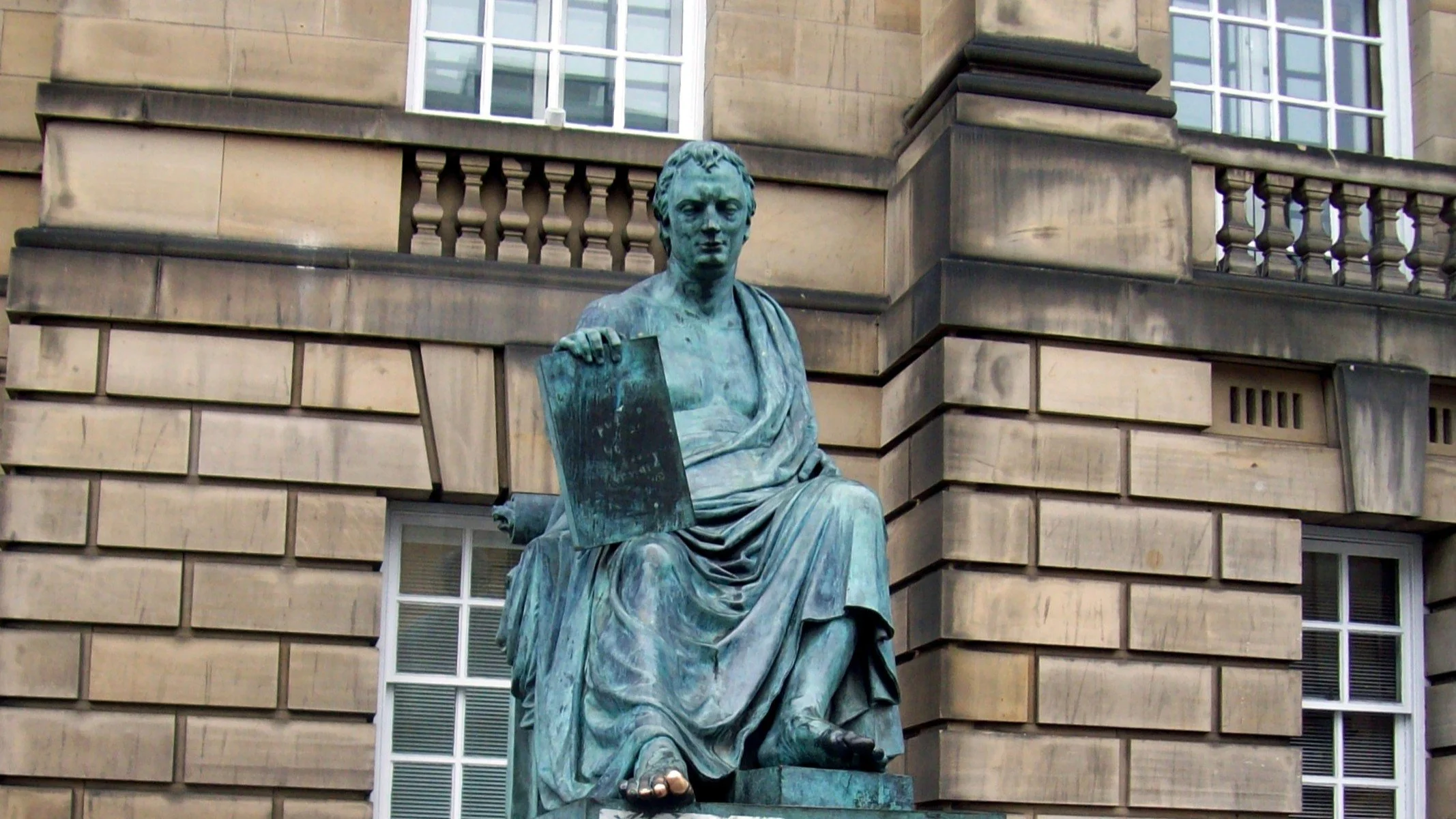
News, Exam Tips & Revision Advice from Humanitas Learning
Boost your grades for English & the Humanities with our expert tips & advice. Explore exam strategies, revision techniques and insightful news from our expert tutors.
Filter by Level, Subject or Topic

How to Write a High-Scoring Introduction for A-Level Religious Studies Essays
In this blog, an experienced tutor and Head of Religious Studies at an award-winning school shares the key techniques you need to write introductions that impress examiners, set up a strong line of argument, and make your essays stand out.

Analysing Historical Interpretations (GCSE History)
In this blog, expect tutors provide a step-by-step guide on how to interpret and assess historical interpretations, including example GCSE History questions.

Teleological Arguments (A-Level Philosophy)
In this blog, expert tutors offer a comprehensive guide to teleological arguments, covering both the A-level syllabus and beyond.

School vs University: The Differences Between A-Level History and a History BA Degree
History remains an incredibly popular subject at both school and university levels, but what is the difference between History at A-Level and university?

Oriental Orthodox Christianity (Religious Studies)
In this blog, expert tutors guide you through the fascinating world of Oriental Orthodoxy. We delve into its rich history, distinctive theology, colourful liturgy, diverse denominations, and ongoing global mission.

Pure Land Buddhism (GCSE Religious Studies)
Pure Land Buddhism represents a vibrant and ancient branch of Buddhist thought. This guide aims to demystify its core beliefs and practices, illuminating their direct relevance for your GCSE Religious Studies exam.

Catholic Christianity (GCSE Religious Studies)
In this blog, expert tutors delve into the core principles and key beliefs, teachings and practices of Catholic Christianity, including their basis in Catholic sources of wisdom and authority.

Using Primary Sources to Understand the 1917 Russian Revolution (GCSE History)
A key aspect of GCSE History courses is the ability to comprehend and analyse primary sources. Across all boards - AQA, Edexcel, OCR - answering questions based on primary sources is a substantial part of the exam.

Hume's Fork (A-Level Philosophy)
Hume famously woke Kant from his “dogmatic slumber” through his sceptical arguments against fundamental concepts like necessity and causation. Underpinning this challenge is a notion that is indispensable for A-level Philosophy students: Hume’s Fork.

Protestant Christianity (GCSE Religious Studies)
In this blog, expert tutors break down the core principles and key denominations of Protestantism, crucial for your GCSE Religious Studies exams.

Orthodox Christianity (GCSE Religious Studies)
In this blog, expert tutors breakdown the history, beliefs and practices of this fascinating denomination, comparing it to other forms of Christianity on the GCSE RS syllabus.

Theravada Buddhism (GCSE Religious Studies)
In this blog, expert tutors guide you through Theravada's core beliefs and practices and clarify its key distinctions from Mahayana Buddhism, ensuring you have all the essential knowledge to ace your exams.

Decoding the Trinity (GCSE Religious Studies)
For GCSE Religious Studies students, few concepts are as central, yet as initially puzzling, as the Trinity. This blog will equip you with a comprehensive understanding, ensuring you're ready to ace any related questions in your exams.

The Euthyphro Dilemma (A-level Philosophy)
In this blog, expert tutors at Humanitas Learning break down Plato's notorious dilemma, a crucial concept for A-level Philosophy students in the Metaphysics of God and Metaethics modules.

How-To Guide: GCSE Edexcel History - Early Elizabethan England, 1558-88
This resource breaks down each question in the Edexcel GCSE exam on Early Elizabethan England, 1558-88 (Paper 2, B4), past papers, and the best way to structure your answers in order to gain top marks.

How to Ace A-level Politics Essays
Expert tutors break down the key components of an effective essay: introduction, main body, and conclusion.

Unpacking Ontological Arguments (A-Level Philosophy)
This blog is designed to be a comprehensive resource for A-level Philosophy exams. Additionally, it will be valuable for undergraduate students studying the philosophy of religion.

Examining the Evidential Problem of Evil (A-Level Philosophy)
We're delving into one of the most emotionally charged and intellectually challenging arguments in the Metaphysics of God module: the evidential problem of evil.

Why GCSE Religious Studies Matters More Than Ever
GCSE Religious Studies (RS) frequently faces misconceptions. It's sometimes characterised as an 'easy' option, lacking concrete application. However, delving into the statistics and the subject's impact reveals a very different story.

Decoding the Numbers: Understanding the GCSE Grading System
GCSEs have seen many changes since their introduction in 1986. One of the most significant in recent years is the shift from the familiar A*-G grading system to the numerical 9-1 scale.
